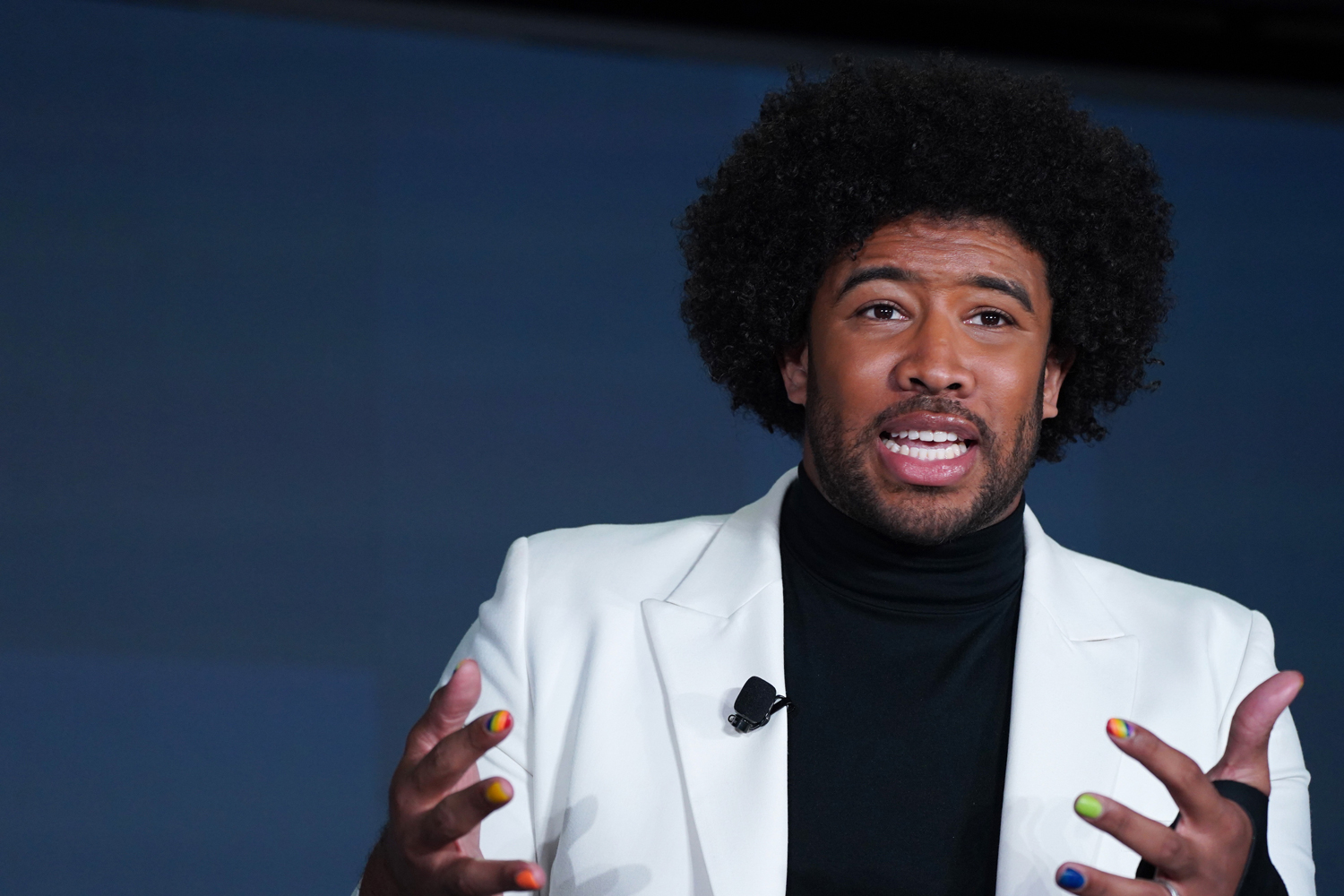Equality is under siege in places where bathroom laws and so-called “religious freedom” initiatives have taken root. Here’s how to change that:
Republicans will have to help.
Despite the administration’s antipathy toward LGBTQ rights, a bipartisan effort led recently to the passing of a new non-discrimination law in New Hampshire, guaranteeing transgender and gay citizens protections in employment, housing, and business services. And Republican Governor Chris Sununu signed it into law last Friday — after its passage by a Republican-led legislature.
The legislative milestone marks the first statewide nondiscrimination victory for LGBTQ Americans since 2016, when Massachusetts passed something similar. That law too was signed by a Republican Governor: Charlie Baker.
In an opinion piece written for CNN, equal rights advocates Margaret Hoover and Tyler Deaton write that “New Hampshire and Massachusetts were early to adopt nondiscrimination protections decades ago. They enacted ‘LGB’ protections but neglected to include the ‘T.’ We’ve made it a top priority to modernize these laws. For the transgender community, which faces shockingly high rates of discrimination, these laws provide concrete protections if they ever face a mean-spirited employer, landlord, or business owner.”
Are We Prejudiced?
Both agree that most Americans don’t like to think of themselves as bigots — although they allow that it does occur. The remedy, they say, should be “strong legal backing for an individual to win back his job, her home, or their equal access to a public space.”
What’s unique about Hoover and Deaton is that they are looking for votes supporting equal rights in a hard place to find them — among Republicans at a time when the LGBTQ is more embattled than at any time since George W. Bush was president.
Hoover, who is not only a CNN contributor, but the host of Firing Line, is also the president of the American Unity Fund. She and Deaton describe the organization as atypical among LGBT advocates. “First and foremost,” they write, “we are conservatives. We play aggressively in conservative movement politics to advance our vision of inclusion and personal freedom. We protect and promote conservative elected officials who stand up for the LGBT community, especially when they face intraparty challenges from single-issue, anti-LGBT extremists.”
The pair say that even Red States have protections that weren’t there just a few short years back. LGBTQ Americans are often now protected by local ordinances when state laws fail to do so. But, they maintain, the GOP is home to many who support equality, although there are “holdouts” and “issues to be resolved.”
The Path Ahead
In the end, they conclude, “progress is not guaranteed.” They cite recent laws passed in Kansas and Oklahoma enabling publicly-funded adoption agencies to turn married same-sex couples away. In addition, “the Trump administration has found numerous ways to roll back LGBT protections in education, health care, and even in the military, where transgender soldiers were serving without any difficulties — until someone persuaded the President to tweet about it. Although Massachusetts previously passed nondiscrimination protections, the law now faces a ballot challenge this fall, and Montana may also have a statewide vote to limit transgender freedom.”
Yet, they say in the final analysis, Republicans can play a key role in advancing LGBTQ rights, and they’ll continue to press forward. “Recent state victories show bipartisan progress for LGBT Americans is still feasible in the near-term,” they say. “But this work won’t be finished until more allies — and new allies — from the left and the right decide to work together in good faith and make LGBT civil rights a national and bipartisan priority.”
Last modified: June 13, 2018










